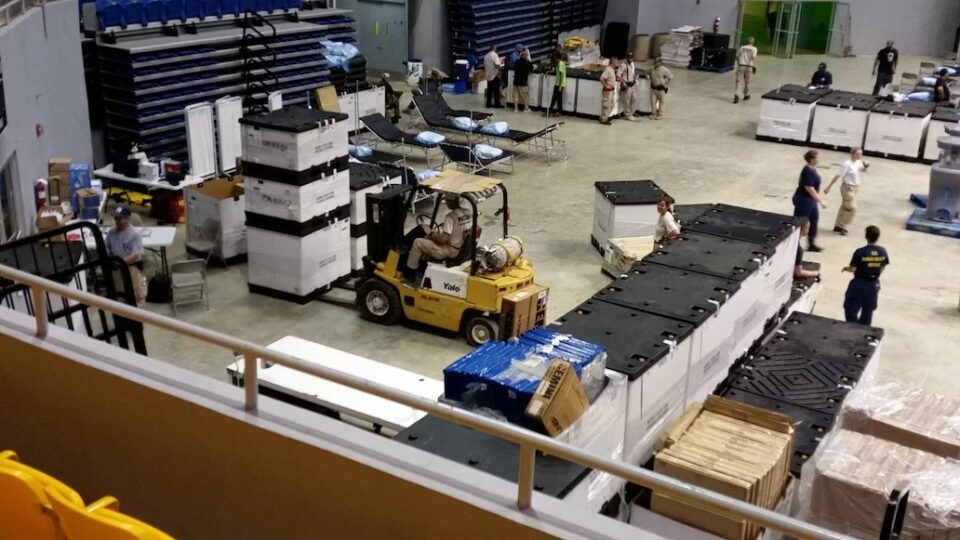Warehouse flooring is a vital component of any industrial or commercial space. It provides a stable and sturdy foundation for your operations and equipment, and it must be able to withstand significant wear and tear over time. However, even the most durable flooring will eventually require replacement. In this article, we will discuss some reasons why you should consider replacing your industrial flooring.
Safety concerns
One of the most critical reasons to replace your warehouse flooring is safety. Over time, flooring can become damaged and worn, creating trip hazards, and increasing the risk of slips, trips, and falls. This can be especially dangerous in a warehouse environment, where heavy equipment and machinery are often in use. Replacing damaged or worn flooring can help to reduce the risk of accidents and injuries, ensuring a safer work environment for your employees.
Improved functionality
Warehouse flooring that is worn, uneven, or damaged can negatively impact the functionality of your operations. Uneven surfaces can cause equipment to vibrate or shift, affecting the accuracy and efficiency of your processes. Damaged or cracked flooring can also be more difficult to clean, increasing the risk of contamination and impacting the quality of your products. Upgrading to new flooring can improve the functionality of your operations, allowing for smoother and more efficient processes.
Increased durability
Warehouse flooring that is past its prime may no longer be able to withstand the heavy use and abuse of a busy industrial or commercial space. Over time, flooring can become weak, brittle, and prone to cracking, creating further safety hazards and impacting the functionality of your operations. Investing in new flooring can provide increased durability and strength, ensuring that your flooring can withstand the demands of your work environment for years to come.
Hygiene concerns
Warehouse flooring can become contaminated over time, creating hygiene concerns that can negatively impact the quality of your products. Even with regular cleaning and maintenance, older flooring can become more difficult to clean, allowing for the accumulation of dirt, debris, and other contaminants. Upgrading to new flooring can provide a cleaner, more hygienic work environment, reducing the risk of product contamination and improving the overall quality of your products.
Compliance requirements
Warehouse flooring may be subject to compliance requirements, depending on the type of industry and the materials being stored or processed. For example, certain industries may require flooring that is resistant to chemical spills or able to withstand extreme temperatures. Upgrading your flooring to meet compliance requirements can help to avoid costly fines and legal issues, ensuring that your operations are up to code.
Aesthetics
Finally, the aesthetics of your warehouse flooring can also be a factor in determining whether or not to replace it. Older flooring can become discolored or faded, creating an unappealing work environment. Upgrading to new flooring can provide a fresh, clean look that can boost morale and create a more inviting space for your employees.
In conclusion, there are several reasons why you should consider replacing your warehouse flooring. Safety concerns, improved functionality, increased durability, hygiene concerns, compliance requirements, and aesthetics are all important factors to consider. While replacing flooring can be a significant investment, the benefits of upgrading can far outweigh the costs, providing a safer, more efficient, and more hygienic work environment for your employees and improving the overall quality of your products. Be sure to consult with a professional to determine the best type of flooring for your specific needs and budget.

